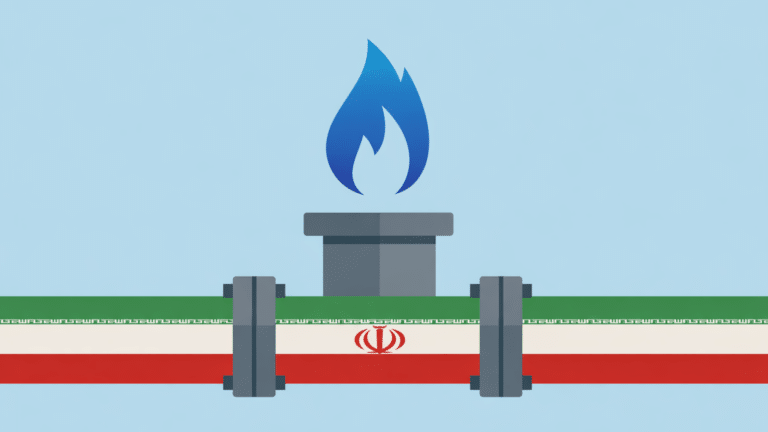Devex Pro Insider: Nerves in Davos, one year on from the fall of USAID
Highlights from Davos, and the latest career moves in the global development sector.
Current Access Level “I” – ID Only: CUID holders, alumni, and approved guests only
The attack on the U.S. Capitol may have obscured for the moment the traditional transfer of power that will take place with the inauguration of Joe Biden as president. But even amid the ongoing turmoil in Washington, efforts to set agendas in the new administration and the new Congress on important policy matters, like climate change, continue to take place.
In this edition of Columbia Energy Exchange, host Bill Loveless turns to two of the most experienced reporters covering energy and climate change: Amy Harder of Axios and Steve Mufson of The Washington Post.
The political climate has changed considerably in recent days. And it’s not only because of the violence on Capitol Hill. Significantly, Democrats will now control the Senate as well as the House of Representatives and the White House.
Bill, Amy and Steve talk about the hostility at the Capitol, which had taken place just a day before their conversation and sets a troubling tone for governance in Washington as the year 2021 begins.
That said, they look at the aggressive plans for energy and climate policy by Biden and Vice President-elect Kamala Harris and their options for acting on them quickly. They discuss, as well, the makeup of the new Congress and some of the lawmakers whose impact on policy is likely to be felt.
Regulation comes up, too, especially the potential for the Federal Energy Regulatory Commission and the Securities and Exchange Commission to step up their oversight of the impacts of climate change.
Amy has been with Axios for four years, with her column, the “Harder Line,” a regular feature of the news service. Previously, she was a reporter at the Wall Street Journal and National Journal.
Steve has worked at The Post since 1989, covering the White House, China, economic policy and diplomacy as well as energy. His current beat is the business of climate change. Earlier, he worked at the Wall Street Journal in New York, London and Johannesburg.
As he talks to these senior reporters, Bill calls attention to the Center on Global Energy Policy’s Energy Journalism Initiative, which gives energy reporters an opportunity to learn more about complex topics associated with the beat, like science, technology, markets and policy, all with an eye toward helping them in their work. Some 80 journalists from the U.S. and abroad have participated in EJI since its inception in 2017, and details of this year’s program will be announced soon.
From the affordability crisis and the data center boom, to the US government’s campaign to reinvigorate the Venezuelan oil market, energy is dominating headlines in unusual ways. And...

Great power competition—particularly between the United States and China—is intensifying. This rivalry is reshaping everything from technology supply chains and energy security to the future of artificial intelligence. ...

Early on January 3, 2026, the United States apprehended Venezuelan President Nicolás Maduro and his wife and removed Maduro from power. Maduro was transported to New York, where he now faces federal charges of narco-terrorism and drug trafficking.

This has been a crucial year for US energy policy. The passage of the One Big Beautiful Bill Act eliminated many of the clean energy incentives that were...


Iran appears to be a natural gas giant, due to its large proved gas reserves and significant gas production and consumption.

Venezuela holds 70% of Latin America's natural gas reserves, which it could export to Colombia and Trinidad to increase revenues.

Models can predict catastrophic or modest damages from climate change, but not which of these futures is coming.
